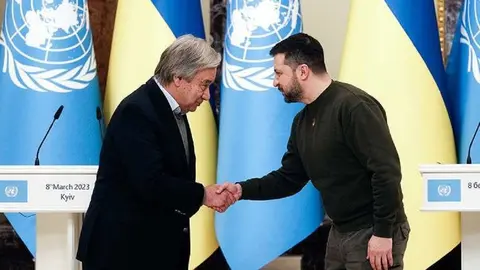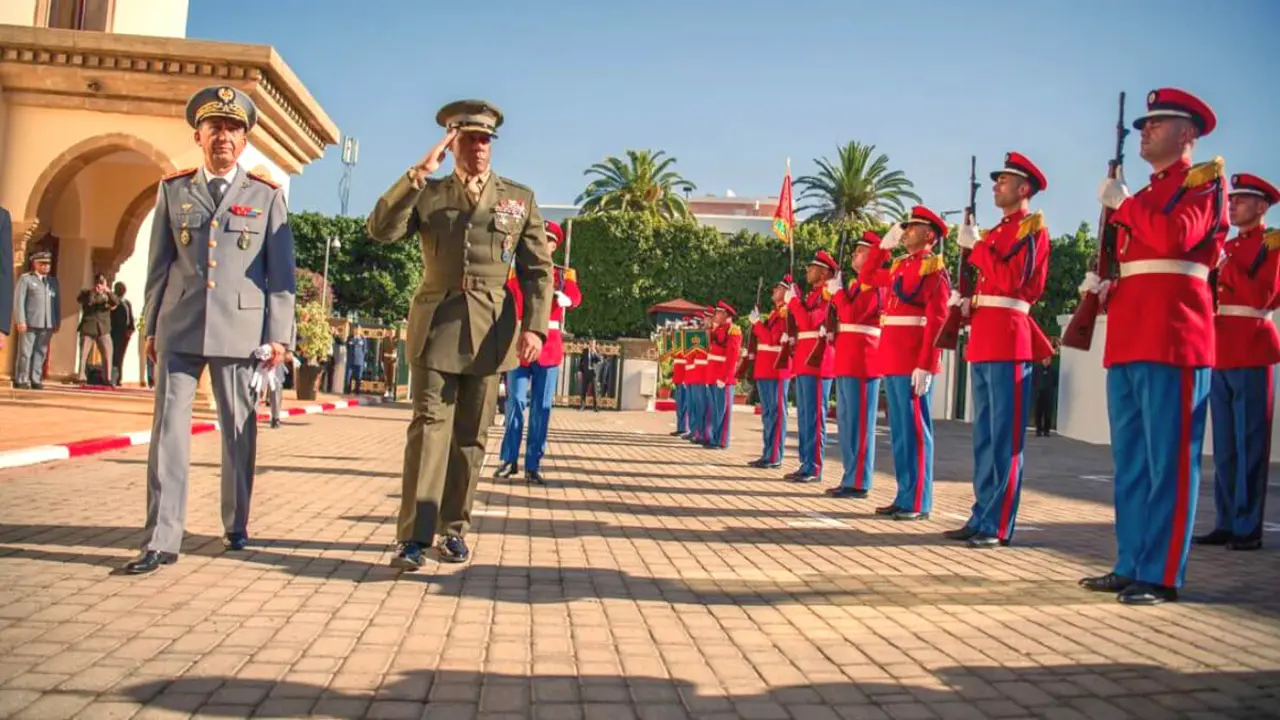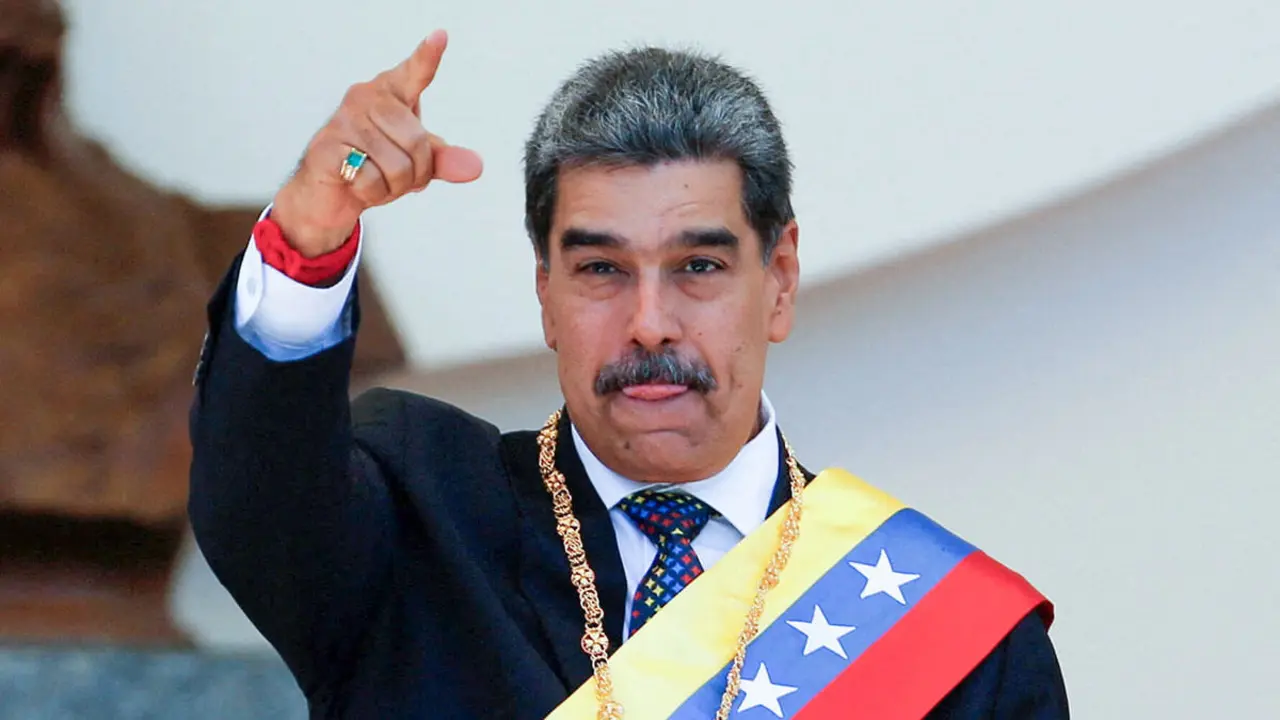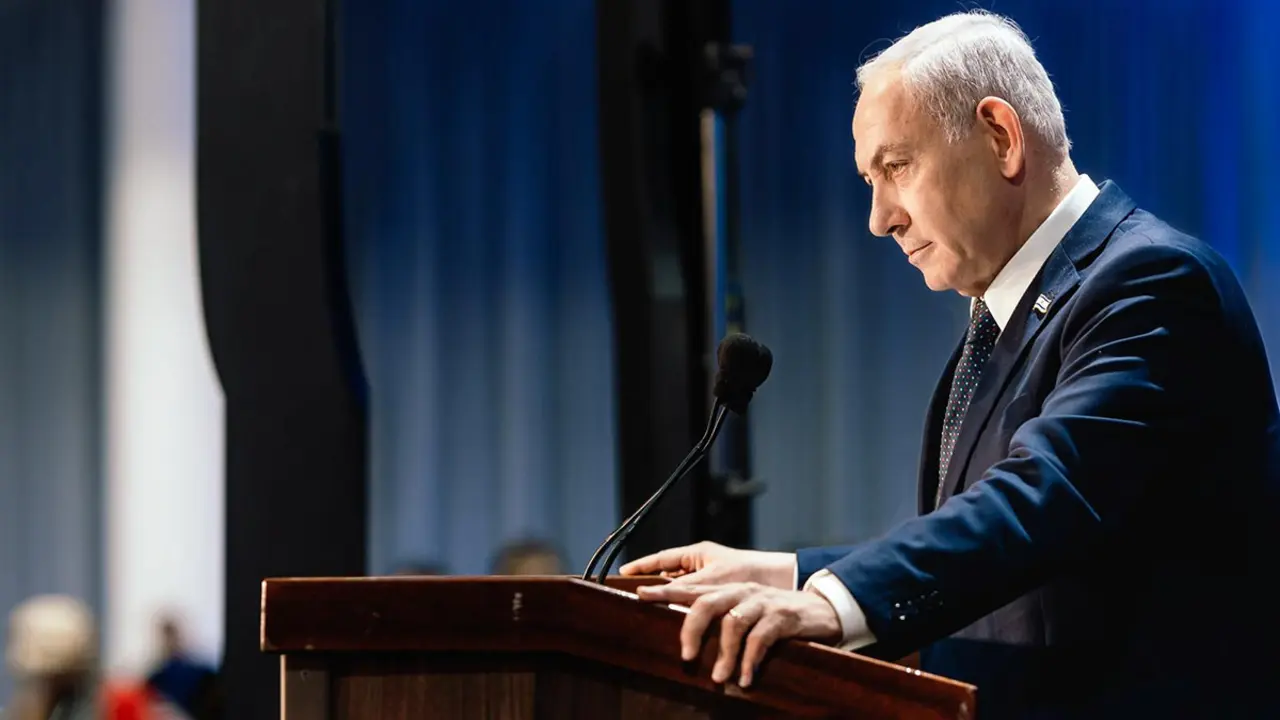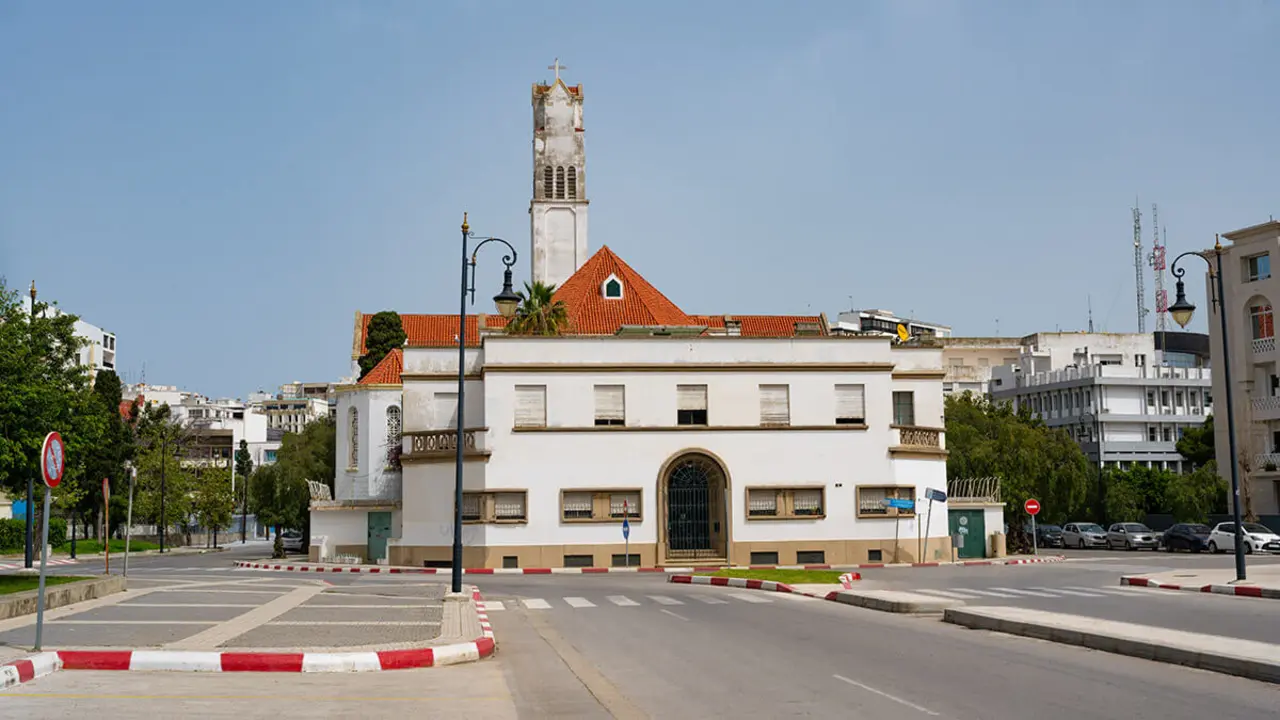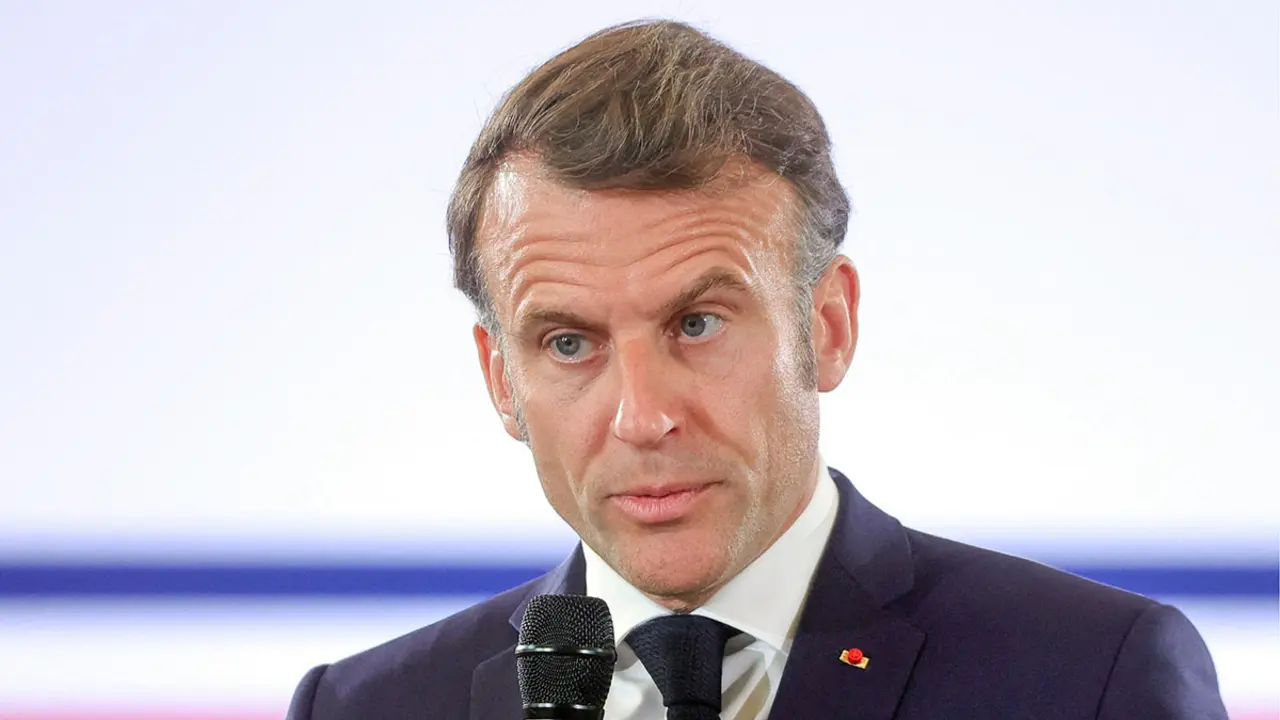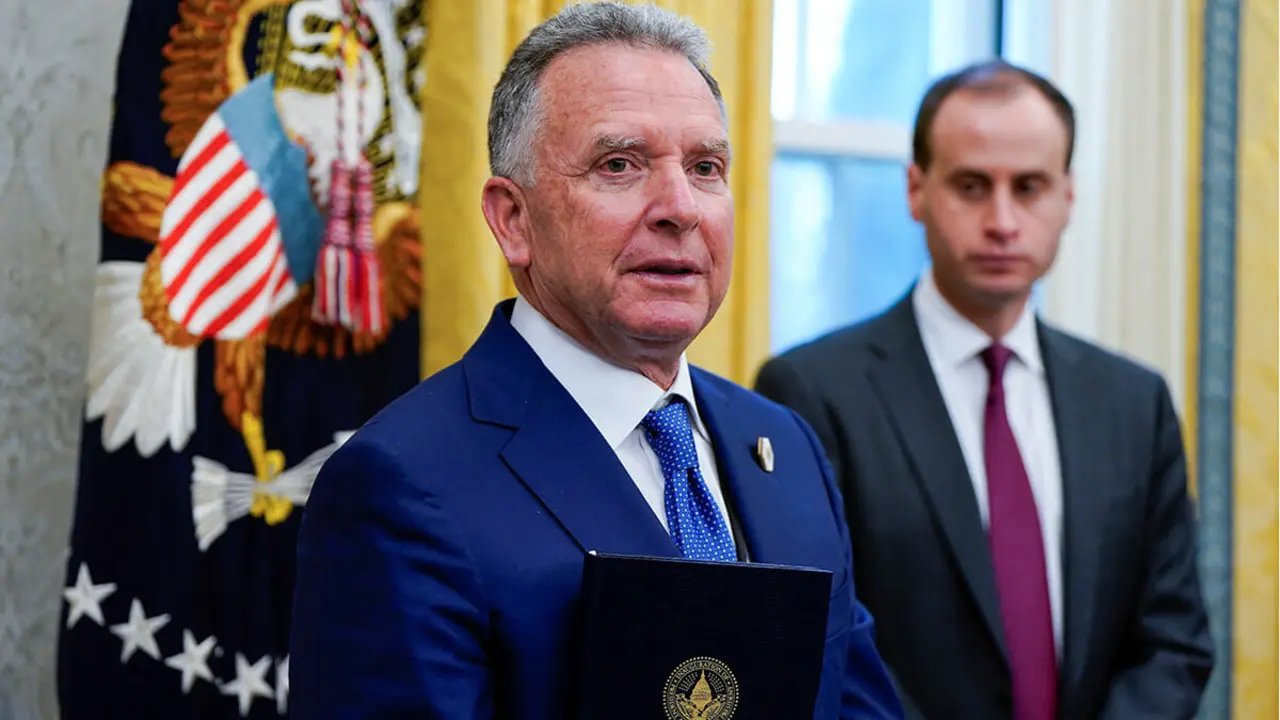Russian attacks on Ukrainian port areas continue after Moscow warning

Attacks on Ukrainian port areas by Russia have continued. The grain export terminal in the port of Odessa was hit by Russian missiles on Thursday. This continues the third consecutive night of Russian air strikes in southern Ukraine. Meanwhile, fighting in eastern and southern Ukraine continues with the Ukrainian counter-offensive to retake occupied territory.
This attack follows Moscow's threat to shoot down any ships sailing through the Black Sea towards Ukrainian ports, thus making them military targets. The Russian defence ministry has issued a message to the international community, according to Al Jazeera, stating that, "at midnight on 20 July, all ships sailing in the Black Sea and approaching Ukrainian ports will be considered military cargo carriers involved in the Ukrainian conflict on the Kiev side".

With Russia abandoning the agreement allowing Ukrainian grain exports through the Black Sea, Ukraine has established a temporary alternative route through Romania. In the wake of this, Russia's defence ministry threatened to attack ships carrying goods across the Black Sea. Russian President Vladimir Putin demands the withdrawal of Western sanctions on Russian agricultural banks.
Ukraine and Russia are the world's leading wheat exporters, exporting 9.5% and 14.4% of the world's wheat respectively. About 90% of Ukrainian-produced grain exports left through the Black Sea and Azov ports before the Russian invasion. The disruption of wheat transport through the Black Sea has serious repercussions for global food security.
Following the attacks on Ukrainian port areas, Washington is sending a new aid package to Kiev, including 'port defence equipment' as well as defence materiel and weapons assistance (missile launchers, missiles, fuel and artillery ammunition) as part of the Ukraine Security Assistance Initiative (USAI) programme.
USAI, founded in June 2020, is a funding programme run by the US Department of Defense to increase Ukraine's ability to defend itself more effectively against "Russian aggression" through additional training for its Armed Forces, equipment and advisory initiatives.
According to Reuters, White House National Security Council spokesman Adam Hodge said, "Our information indicates that Russia has placed additional sea mines on the approaches to Ukrainian ports (...). We believe this is a coordinated effort to justify any attacks on civilian ships in the Black Sea and to blame Ukraine for these attacks.

